The challenge of skills mismatch presents a significant hurdle when it comes to facilitating a smooth transition from school to the workforce, particularly for young job seekers, including graduates of Technical Vocational Education and Training (TVET) programs.
To address this challenge and develop practical solutions, the Kenya National Chamber of Commerce & Industry (KNCCI), in collaboration with GIZ Kenya and the State Department for Technical, Vocational Education and Training, conducted a sensitization forum this morning. The focus of this forum was to sensitize members on the dual TVET system of education.
KNCCI TVET Committee Chairpesron Mr. Muchiri Mungai highlighted the importance of Competency-Based Training (CBT) in enhancing skills, competitiveness, and ensuring that students are well prepared for various roles.
Senior TVET and Labour Markets Advisor at GIZ, Mr. Gideon Murenga commended Germany for its successful vocational dual TVET training system adopted by the industrial sector. He emphasized that by incorporating elements of the German vocational training system, Kenya can better equip its workforce, reduce unemployment, and stimulate economic growth by aligning education with industry demands.
KNCCI CEO, Mr. Patrick Nyangweso underlined how the dual TVET system of education can foster a strong partnership between educational institutions and industries. This collaboration is essential to ensure that the skills taught are relevant and up-to-date with the job market’s demands. Industry experts can actively contribute to the curriculum, thereby enhancing students’ employability upon graduation.
Principal Secretary of the State Department for Technical, Vocational Education and Training (SD-TVET), Dr. Esther Thaara Muoria, who served as the Chief Guest, applauded all key industry players for organizing the forum. She emphasized the importance of raising awareness about dual training, noting that practical training is a crucial element of the education system, as it equips individuals with the skills and knowledge needed for employment. Dr. Muoria also expressed the government’s need for industry support in hiring graduates from the program, emphasizing the value of learning by doing within companies to boost productivity. She announced that the Ministry would collaborate closely with KNCCI to support career policies aligned with the dual system training.
Additionally, Mr. L D Khan, Commercial Counsellor of the High Commission of Pakistan, mentioned the Government of Pakistan’s efforts to promote skills development through scholarships offered to six students from Kenya in two universities.
Overall, the forum aimed to address the skills gap challenge by promoting the dual TVET system of education and fostering collaboration between education and industry stakeholders, with the goal of enhancing employability and economic growth.”

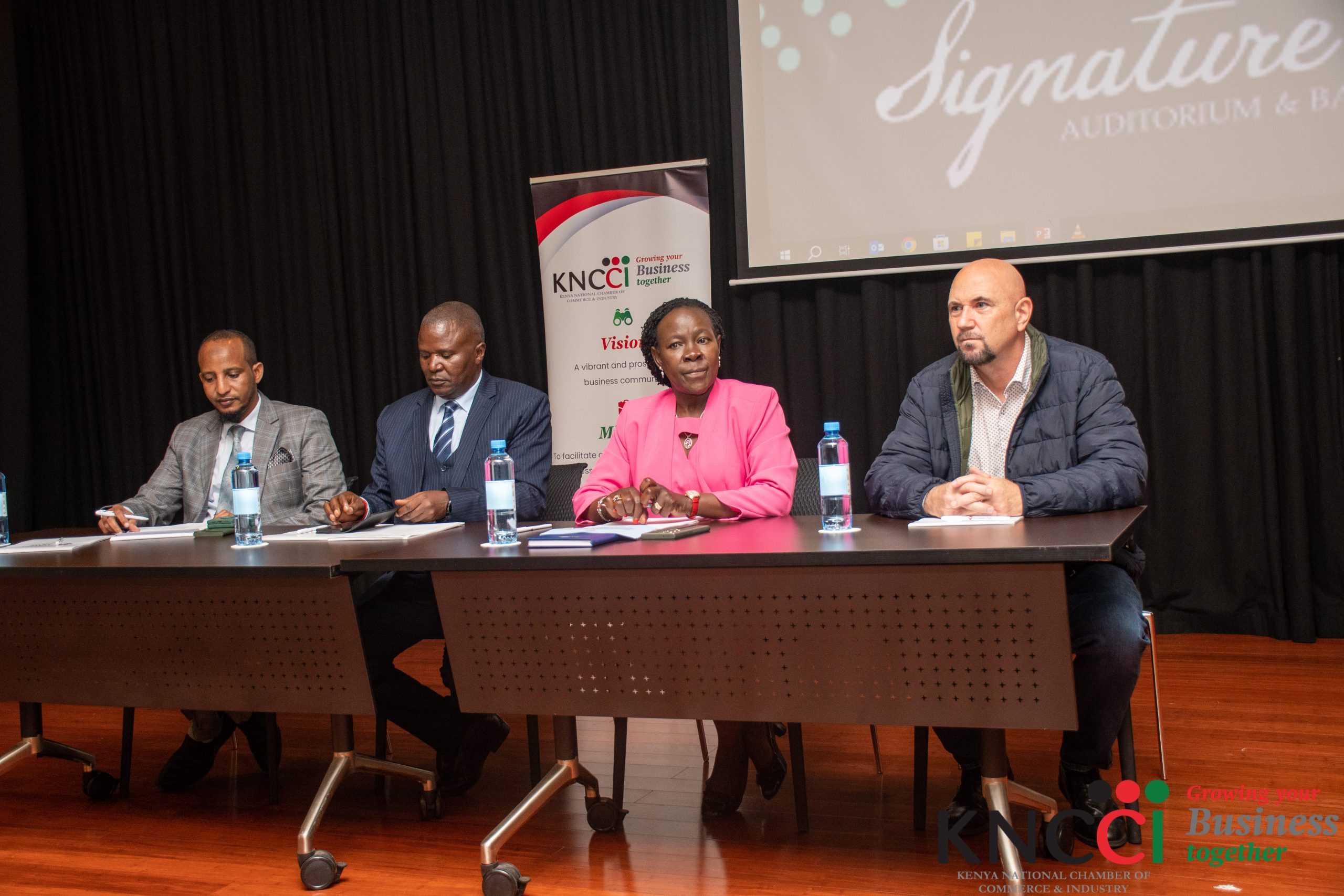
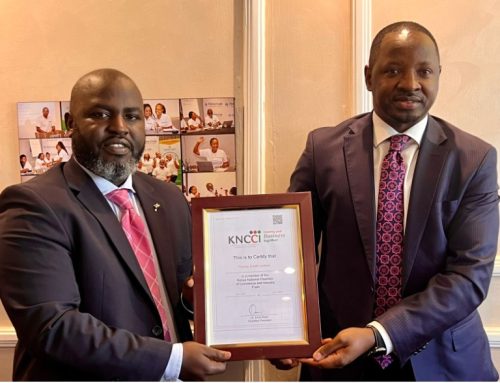
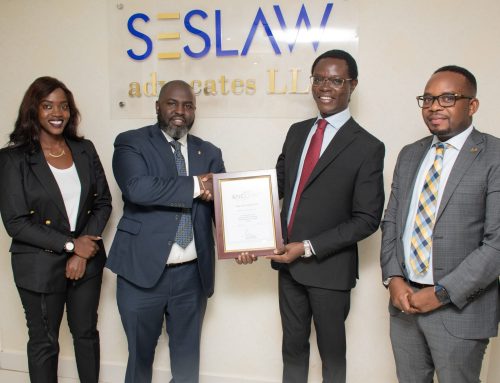
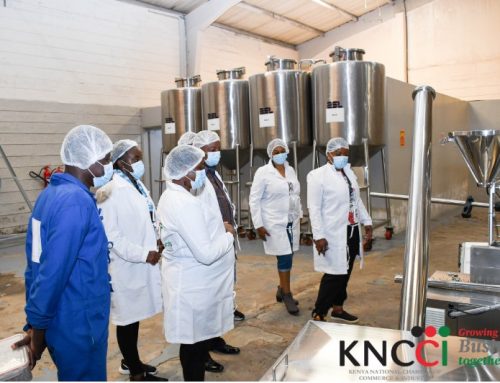

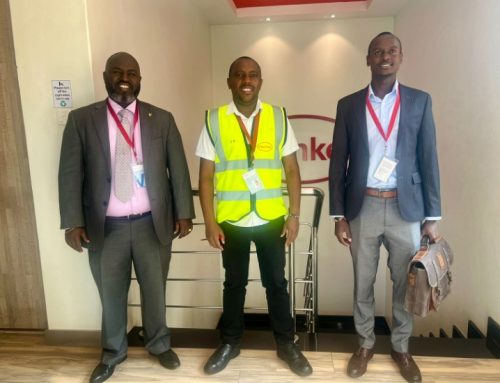
Leave A Comment